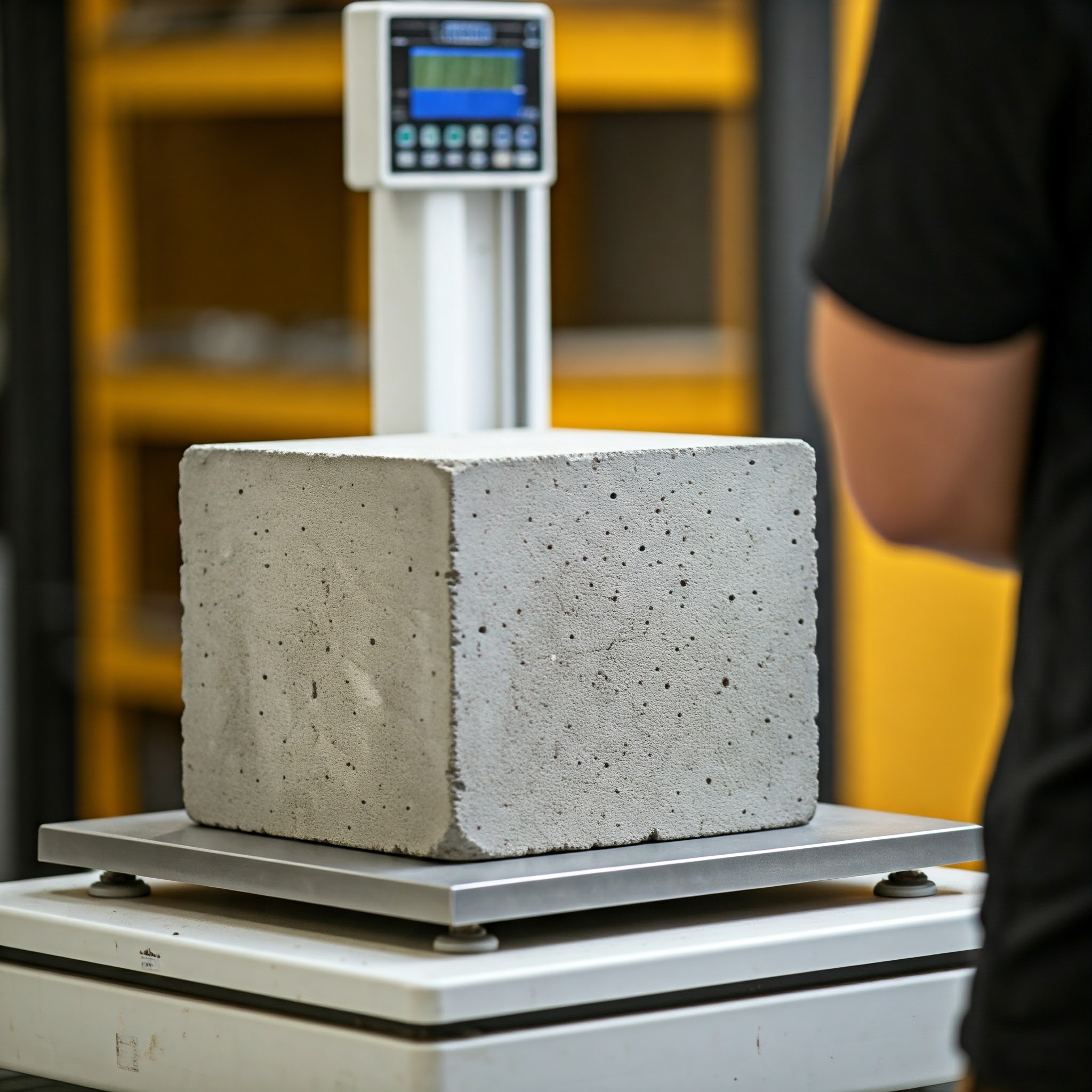The Ultimate Guide to Concrete Weight per Cubic Foot: Everything You Need to Know
When working on construction, engineering, or DIY projects, understanding the weight of concrete per cubic foot is crucial. Whether you're a professional contractor, architect, or weekend warrior, this comprehensive guide will break down everything you need to know about concrete weight with precision and clarity.
Author: Mike Day
Updated: 12/16/2024

Quick Answer: What is the Weight of Concrete per Cubic Foot?
Let's cut right to the chase. The weight of concrete per cubic foot typically ranges from 140 to 150 pounds (63.5 to 68 kg), depending on the specific mix and ingredients. Standard normal-weight concrete weighs approximately 145 pounds per cubic foot.
Factors Affecting Concrete Weight
Several key factors influence the exact weight of concrete:
- Aggregate type
- Cement content
- Water-to-cement ratio
- Moisture content
- Density of specific concrete mix
Detailed Breakdown of Concrete Weights
Normal-Weight Concrete Weights
Normal-weight concrete is the most common type used in construction. Here's a precise breakdown:
- Weight per cubic foot: 145 pounds (65.8 kg)
- Weight per cubic yard: 4,050 pounds (1,836 kg)
- Typical density: 2,300-2,400 kg/m³
Lightweight Concrete Weights
Lightweight concrete offers reduced structural load:
- Weight per cubic foot: 110-120 pounds (50-54 kg)
- Ideal for projects requiring lower weight
- Often used in high-rise buildings and structures with weight constraints
Heavyweight Concrete Weights:
Specialized heavyweight concrete for radiation shielding and industrial applications:
- Weight per cubic foot: 170-200 pounds (77-91 kg)
- Contains dense aggregates like baryte or steel shots
- Used in nuclear facilities, industrial settings
Calculating Concrete Weight: Practical Examples
Residential Concrete Slab Calculation
Let's say you're planning a 10x10 foot concrete slab with 4-inch thickness:
- Volume: 10 ft × 10 ft × 0.33 ft = 33 cubic feet
- Estimated weight: 33 × 145 = 4,785 pounds
- Weight in metric: 33 × 65.8 = 2,171 kg
Commercial Construction Weight Considerations
For larger projects, precise weight calculations become critical:
- Engineering specifications often require exact weight measurements
- Consider variations in concrete mix design
- Always consult structural engineers for complex projects
Conversion and Measurement Tips
Converting Between Imperial and Metric
- 1 cubic foot of concrete ≈ 0.0283 cubic meters
- 1 pound per cubic foot ≈ 16.018 kg/m³
- Standard conversion multiplier: 16.018
Measuring Concrete Weight Accurately
Pro tips for precise measurements:
- Use calibrated scales
- Account for moisture content
- Consider aggregate type and cement mix
- Follow ASTM standards for weight measurement
Practical Applications and Considerations
When Precise Concrete Weight Matters
Concrete weight impacts:
- Structural design
- Foundation requirements
- Transportation logistics
- Equipment load-bearing capacity
- Seismic engineering calculations
Safety and Load-Bearing Considerations
- Always factor in total weight for structural integrity
- Consult professional engineers for complex load calculations
- Consider long-term settling and compression
Conclusion: Understanding Concrete Weight
Knowing the weight of concrete per cubic foot is more than a technical detail—it's a critical factor in successful construction and engineering projects.
By understanding these nuanced weight variations, you can make informed decisions that ensure safety, efficiency, and structural reliability.
Key Takeaways:
- Standard concrete weighs about 145 pounds per cubic foot
- Weights range from 110 to 200 pounds depending on the mix
- Always consider specific project requirements
- Precise calculations are crucial for structural integrity
About the Author
This guide is designed to provide engineers, architects, contractors, and DIY enthusiasts with comprehensive, actionable information about concrete weight measurements.
Disclaimer: Always consult with local engineering professionals for project-specific weight calculations and structural requirements.














